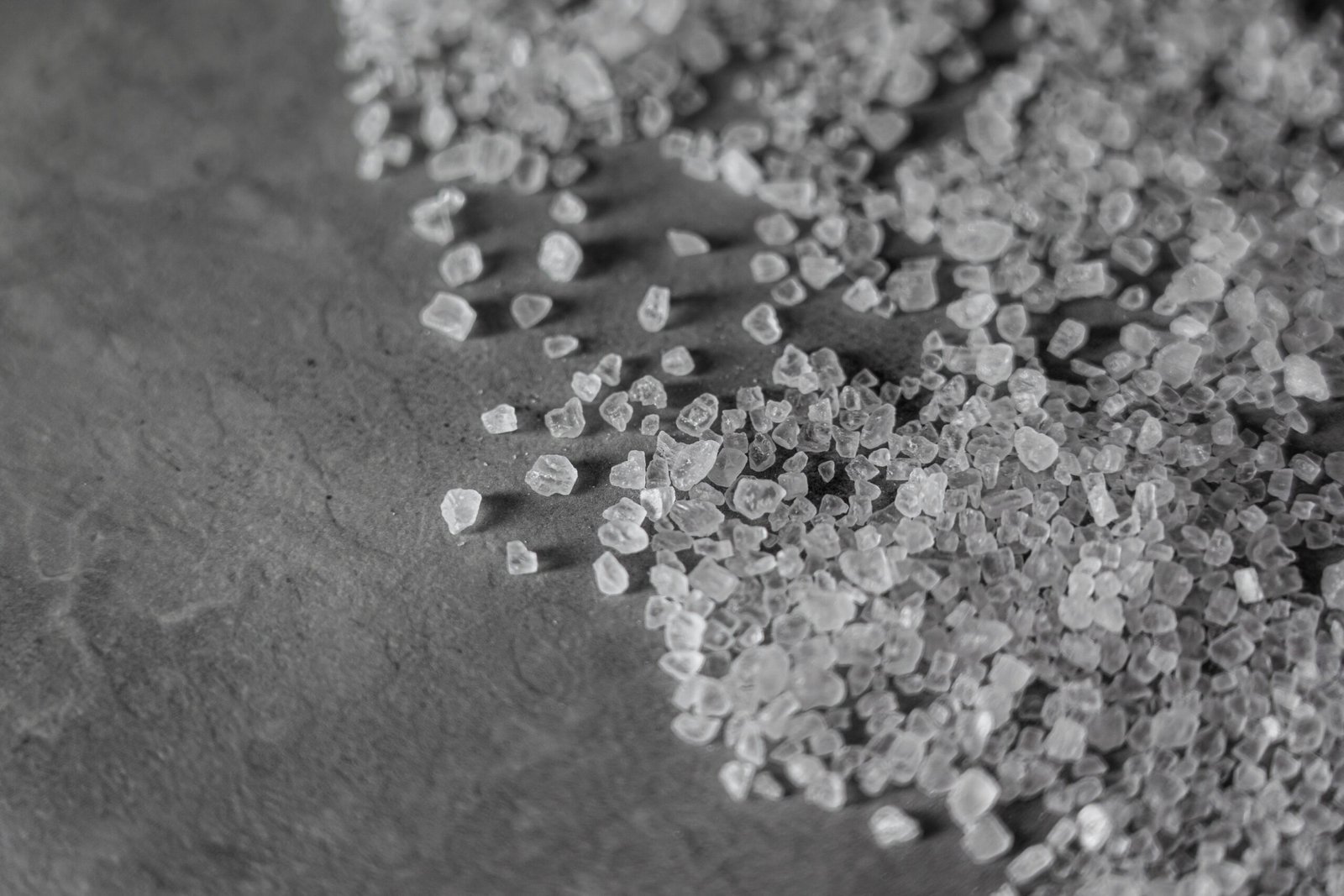The Challenge of Reducing Sodium Intake for Better Health
The Challenge of Reducing Sodium Intake for Better Health

Salt, or sodium chloride, is a fundamental part of our diet and plays a crucial role in maintaining various bodily functions. However, excessive salt consumption is a significant health concern, as it is linked to a range of health issues, including high blood pressure, heart disease, and stroke. In this article, we’ll explore the challenge of quitting salt and the importance of reducing sodium intake for better health.
The Role of Salt in the Body:
Salt is essential for several vital functions, including:
- Fluid Balance: Sodium helps regulate the balance of fluids in and around your cells, tissues, and organs.
- Nerve Function: It is vital for nerve impulses and muscle contractions.
- Blood Pressure Regulation: Sodium and potassium work together to regulate blood pressure.
The Problem with Excess Salt:
While salt is necessary in moderate amounts, the modern diet often contains excessive levels of sodium, primarily due to the prevalence of processed and restaurant foods. Here are some reasons why excess salt is a concern:
- High Blood Pressure: Excess sodium intake can lead to high blood pressure (hypertension), a major risk factor for heart disease and stroke.
- Cardiovascular Disease: High blood pressure is a leading cause of heart disease and stroke, both of which are among the top causes of death globally.
- Kidney Function: Excessive salt can strain the kidneys, potentially leading to kidney damage over time.
- Bone Health: Some studies suggest that high salt intake may be associated with bone loss and osteoporosis.
Click Here to Discover 10 reasons to live longer
The Challenge of Quitting Salt:
Quitting salt entirely is neither realistic nor advisable, as sodium is an essential nutrient. However, the challenge lies in reducing our sodium intake to a healthy level. Here are some tips to help you reduce your salt consumption:
- Read Labels: Pay attention to food labels and choose products with lower sodium content. Look for “low-sodium” or “no added salt” options.
- Cook at Home: Preparing meals at home allows you to control the amount of salt used in cooking. Experiment with herbs, spices, and other seasonings to enhance flavor without relying on salt.
- Limit Processed Foods: Processed and restaurant foods often contain high levels of hidden sodium. Limit your consumption of these items.
- Use Salt Sparingly: When adding salt to your food, use it sparingly and consider using salt alternatives like herbs, spices, or salt substitutes.
- Increase Potassium: Consuming more potassium-rich foods, like bananas, oranges, and potatoes, can help counteract the effects of sodium on blood pressure.
- Gradual Reduction: If you’re accustomed to a high-sodium diet, reduce your salt intake gradually to allow your taste buds to adjust.
While quitting salt entirely is neither feasible nor necessary, reducing excessive sodium intake is crucial for maintaining good health. By making mindful food choices, reading labels, and preparing meals at home, you can significantly lower your salt consumption. Remember that small changes can lead to significant health benefits, and the effort to reduce salt is an investment in a healthier, longer life.




